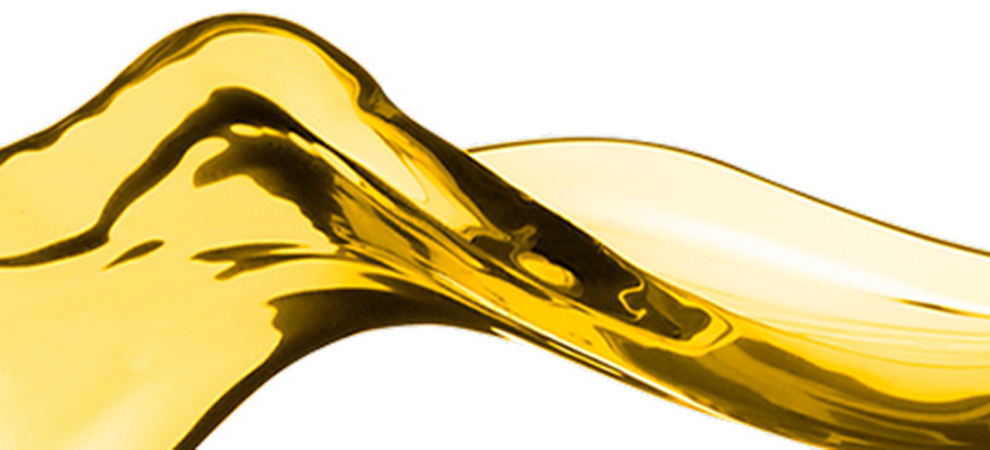
This blog article is intended as an introduction to fluids typically used in hydraulic systems. It is not intended as a definitive or technically excellent guide as this tends to complicate issues, so please allow us the liberty of this simplification.
What is Viscosity?
This is the key concept to understand when trying to build a better appreciation of hydraulic fluids.
Viscosity is a scientific term that describes the resistance to the flow of a fluid. This is often described as the thickness of the fluid which is general is the case although this is not technically the correct term. For example, honey has a much higher viscosity than water.
Consider this comparison between honey and water. More force is required to move a spoon through a jar of honey than a jar of water because the honey is more resistant to flowing around the spoon. This resistance is due to the friction produced by the fluid’s molecules and affects both the extent to which a fluid will oppose the movement of an object through it and the pressure required to make a fluid move through a tube or pipe.
What affects Viscosity?
Viscosity is affected by a number of factors, including the size and shape of the molecules, the interactions (strength of the bonds) between them, and temperature.
Typically in a hydraulic system, the fluid is already specified so the only variable is the temperature. The hydraulic fluid must not become much thicker or thinner when temperatures vary, even over a wide temperature range. Generally, the larger the temperature change, the higher the viscosity index of the fluid that is required.
What does the Viscosity Index mean?
The International Standards Organisation (ISO) has a specification (ISO 6743) in which different grades of oil are listed. ISO 3348 describes grades of viscosity or ease of flow. The viscosity index provides information on how thick or thin a hydraulic fluid is at a given temperature, either increasing or decreasing the friction between the layers of fluid.
For more information, contact your local branch today:
Gloucester: 01452 730774
Birmingham: 0121 327 2664
Durham: 0191 410 6619
Leeds: 0113 270 7295
Or Email enquiries@grouphes.com
Hydraulic Oil is available to buy on our website as well please see the link here for our online range of hydraulic oils and fluids.


